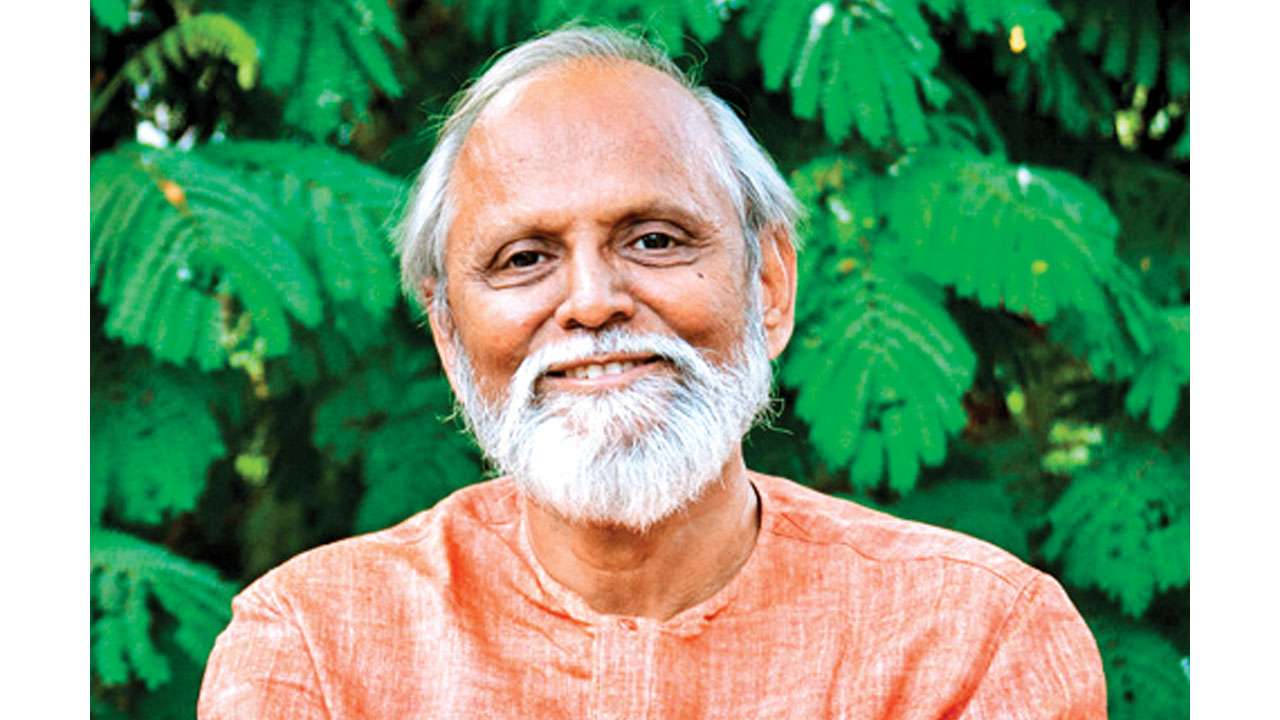
I ndia lost a really good architect in form of Ar. Nimish Patel in the last week. Patel had championed the cause of the traditional and hence, the sustainable.
I'm not good at writing obituaries as I don't really connect to people very emotionally. But now I'm tempted to share my loss on this platform.
Not because he was an architect who made a huge social contribution by keeping traditional building techniques alive, but because he taught me something special.
One of the greatest laments for an Indian writer is not that writing doesn't pay, it is that Indians are stoic readers who rarely feel the need to resonate and respond. So, when I got a call from Nimishbhai, it was like sighting my first unicorn.
While I responded very respectfully to Architect Nimish Patel who I knew to be a stalwart, he reciprocated even more humbly, and soon I realised that it was a call from reader Nimishbhai who didn't want to converse as a master architect.
Soon, it became a tradition to get his call when I wrote something linked with nature and sustainability. Initially, I would wait to listen to his critique or point of view that he must have had due to his vast experience, but I soon realised that he always had a question and he actually wanted to listen to my answer.
I have no idea how much he learned from my random speculations, but I surely learnt something really special from Nimishbhai, and that is art of learning through dialogue.
As India has become a world leader in producing Gurus lately, especially for western or westernised clients, I am tempted to point out something about the guru-shishya relationship that we have missed.
Being a student, a shishya in a bygone era was not about taking admission or paying a fee, it was about being ready. The fact that Gurus often arrived from nowhere to pick up a shishya indicates that in this education process, it was recognised that learning was possible only when the mind was in a conducive state and that I feel is being able to hold a dialogue.
We have forgotten the most crucial quality of knowledge, and that is its ability to grow using dialectics. If we look at most ancient works of philosophy, dialogue between two people masquerading as guru-shishya is the most common theme, making us miss that the most wonderful aspect of this process is that both sides learn from each other while debating.
While one does pose as a guru, he also ends up learning just as much as the shishya from the process.
I now realise that what Nimishbhai taught me was that art of asking questions was just as crucial part of learning as the science of giving answers.
The importance of this is now increased as we are living in an era where rudeness and disrespect are overwhelming human dialogues. The dialectics of asking questions and listening to answers is an art-form getting extinct fast.
Today questions are asked only to confirm the acceptance of one's viewpoint and never to actually get an answer. Gurus of the modern era have to sit on podiums and preach, as dialogues have become impossible. This has the potential to disrupt the learning process.
With Nimishbhai gone, I am going to miss the questions and the dialogue that followed them. But, as he too was a teacher who loved interacting with young, I hope he has created people to carry on his legacy. I hope there are more readers out there who will keep educating me by asking me questions.
City-based science nomad who tries to find definitive answers
samir.shukla@icloud.com